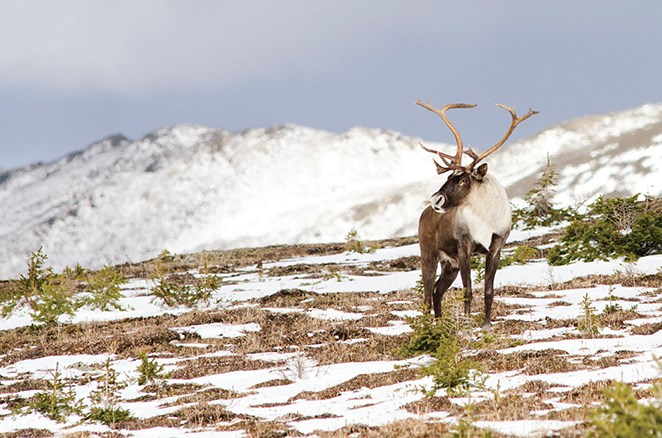Scott Hayes, Local Journalism Initiative Reporter | [email protected]
Parks Canada finalized its agreements with two outfitters in the Tonquin Valley as of Oct. 31, officially ending their licences of occupation.
It also effectively ended a 120-year journey. The tradition that started with the practice of horsepacking for various frontier and early exploration trades has now saddled up and moved on into the sunset.
It’s all in the interest of offering some key species the chance to return in greater health and in greater numbers.
“Parks Canada does not expect or intend to issue any licences of occupation or leases in the Tonquin Valley in the foreseeable future in order to balance visitor experience needs in the summer with habitat security for sensitive umbrella species like caribou and grizzly bears,” read a prepared information statement from Parks Canada late last week.
Parks Canada has now purchased all of the infrastructure and non-moveable assets of both Tonquin Valley Adventures and Tonquin Valley Backcountry Lodge, and it also facilitated helicopter transportation for the proprietors to remove their remaining equipment and supplies.
Since 2000, Jasper National Park’s management plans have focused on balancing ecological integrity with backcountry experiences in the Tonquin Valley, the information statement read.
This led to prioritizing the security of caribou and grizzly bear habitat, the protection and recovery of caribou, and recreational use, with a number of actions outlined toward those key goals.
Poor drainage in large portions of remote trails in the valley made them particularly susceptible to degradation from horse users. Parks Canada progressively reduced horse access over the last 20 years, eventually eliminating all private horse use in the Tonquin Valley in 2021.
Parks has also worked to rebuild boardwalks and repair damaged trails to uphold visitor experience along the way.
The seasonal closure of caribou habitat was extended to mid-May as a way of offering further protection from wolf predation to the threatened umbrella species. This closure impacted the two lodges by reducing their operating seasons and forcing them to abandon snowmobile transports.
“Recognizing this impact, Parks Canada entered into discussions with the outfitters in autumn 2021 to negotiate options to continue operating from May 16 to October 31 each year or to end their licences of occupation with compensation,” the statement read.
The Fitzhugh reached out to operators of both outfitters for comment. One was not available by press time and the other offered no comment.
Parks Canada encouraged people to learn more about these actions by reading the 2022 Jasper National Park Management Plan. A decision on its proposed caribou breeding program is expected in early 2023. More information can be found on its website.
In the meantime, there are no planned restrictions on summer backcountry access in the Tonquin Valley.
In the interest of supporting the caribou, both the Alpine Club of Canada and Hosteling International chose to cancel their winter operations in November 2020 and now operate ACC Wates-Gibson Hut and HI Edith Cavell Hostel in the summer only.
The Tonquin Valley is still open to backcountry recreation between May 16 and Oct. 31 with reservable overnight accommodations available at Parks Canada’s seven campgrounds in the Tonquin Valley as well.




